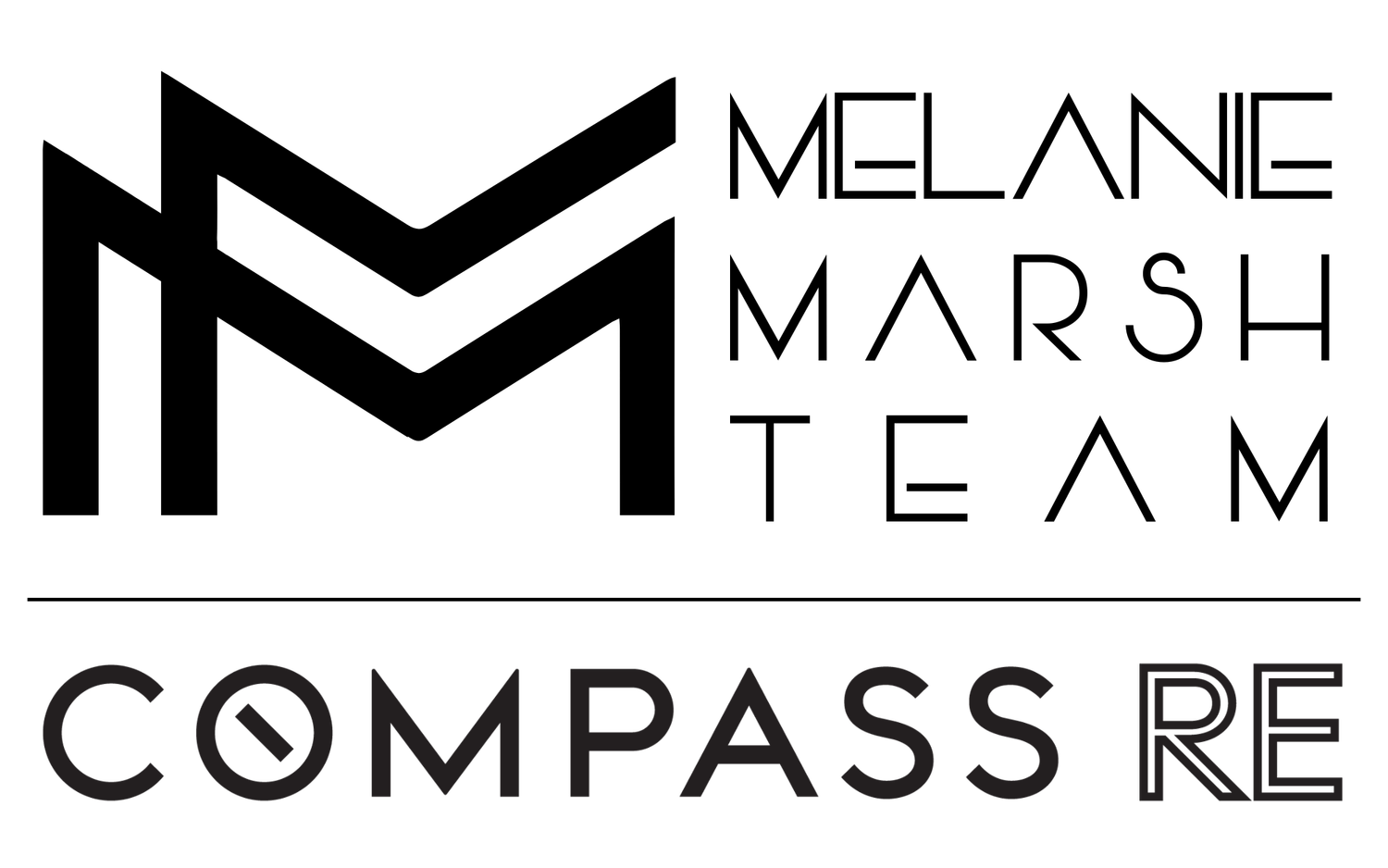Your “Starter Home” Might Last Longer than You Think
Buying a home is a big financial decision, and for first time homebuyers, it’s important to make a smart first move. Many first-time shoppers tell their agent that they’re in the market for a “starter home”. A Starter Home is classified as a buyer’s first home purchase that helps them build equity until they can afford another home. What qualifies as a starter home will vary depending on the shopper and their specific needs. Many of these buyers are younger, often without children, and are searching for an affordable home that is low maintenance. For some, the right “starter house” is a condo or townhouse, offering more freedom than a rental but with less overhead and responsibility than a larger, stand-alone house on a piece of land. The assumption with these starter homes is that it’s a stepping stone between renting and owning a home of their own, and is only expected to be a temporary situation – not a forever home.
As the past few years have demonstrated so clearly, things can change without warning. Homebuyers who were content with a small condo may have found themselves trying to fit a growing family there, while also making space so they could work from home. Market challenges have kept many from moving into larger spaces simply because the local housing inventory has been sparse for the number of competing buyers.
It’s for this reason that today’s first time home buyers are now looking for more flexible starter homes. It’s smart in terms of investment: your starter home might last longer than you think. That’s why it is smart to really consider your own plans for the future, and make contingencies, before settling into your first home. Here are a few things to consider when deciding on a home.
1. Ask the tough questions – Even if you’re only planning to live there for a short while, you’ll need a starter home that accommodates your current day-to-day life. When it comes to deciding on a first home, there are many questions to consider. Will this home mean a longer commute to and from work? Do you have space for children or pets you already have? Is the floor plan layout compatible with what you need for bedrooms or home offices?
2. Look to the future – It can be hard to predict the future, but you can certainly still ask yourself questions about what you expect to happen in the next few years. If you end up in your starter home for more than a year or two, will it be able to accommodate the changes you plan on making? If having kids is in the cards, you’ll want to carefully consider any home’s family potential before buying. Is there room for everyone? Is the environment quiet and safe to raise a family? Do you have room to expand the house if necessary? What about school district?
3. Room to Grow – While a larger piece of property may seem like added responsibility to care for in the short term, all that space could be valuable room to grow down the line. A large yard could provide the space you need to build a patio, sunroom, or even an extra bedroom. Bedrooms can also become home offices, and vice versa.
4. Can you really afford it? – It’s a tough question, and it’s one that goes deeper than being approved for a loan. Consider all of the costs you have, and try to make a realistic budget that still makes room for fun and entertainment. Owning a home is a gigantic step in securing long-term financial security.
5. Consider Older Homes – While they might lack some amenities or features compared to newly constructed homes, older homes can be more affordable- especially if you’re willing to invest the time and resources to complete some minor cosmetic repairs or larger renovations. These changes don’t have to happen immediately and could be completed over time as your needs change.
6. Buy a well maintained home – Homes are pre-owned just like cars, and that previous owner will be the main factor in whether or not the home has deep underlying problems that could end up costing you in the future. Make a safe investment and make sure to have a home inspected.
7. Freedom and Privacy – the best part of owning your own home is the freedom and privacy afforded by actually owning your home. You can move furniture, paint the walls, or even install a soaking tub if you want! The choice is yours when your name is on the deed.
If you buy your first home with careful forethought and the future in mind, you can protect yourself from the unexpected income changes, real estate price booms, or any other outside influence. Don’t be afraid of a home that doesn’t meet all of your current items on your wish list. When choosing the right starter home it will be a great first investment gaining you plenty of equity for your next home upgrade.

